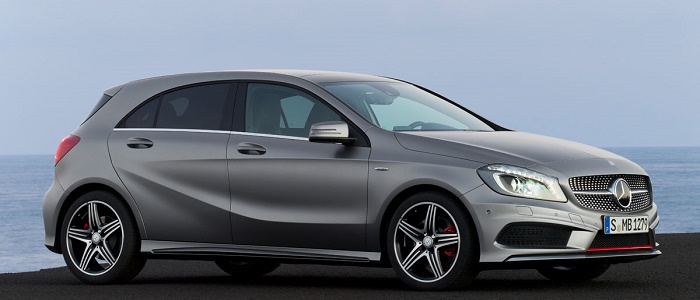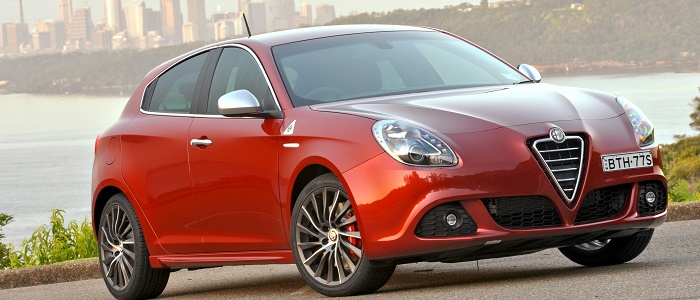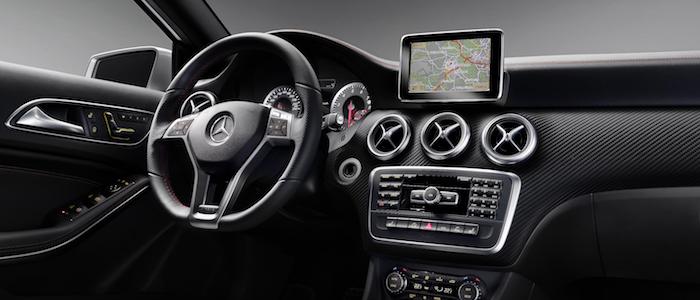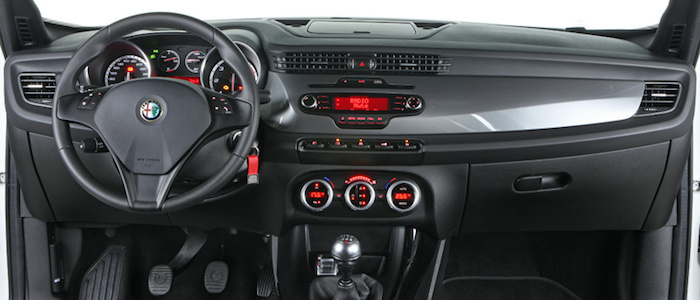Compare two cars
Compare any two cars and get our Virtual Adviser™ opinion
Dimensons & Outlines
Check vehicle history
Engine
Performance (manual gearbox)
Performance (automatic gearbox)
Expenses
Virtual Adviser's™ opinion
Two significantly similar cars, no doubt about that. Still, each one has something different to offer. Having both cars powered by petrol engines and utilizing the 5-door hatchback body style within the same 'Small family car' segment, the only major difference here really is their wheel drive configuration (4 x 4 for the Mercedes Benz and front in the case of the Alfa Romeo). The first one has a Mercedes Benz-engineered powertrain under the hood, a 4-cylinder, 16-valves 211hp unit, while the other one gets its power and torque from a 4-cylinder, 16-valves 235hp engine designed by Alfa Romeo.
SafetyBoth vehicles got tested by European New Car Assessment Programme (Euro NCAP), with the same number of safety stars gained in the process. Moving further on, let's take a closer look at some additional safety-related facts. Both vehicles belong to the small family car segment, which is generally classifying them somewhere in the middle safety-wise, but that fact doesn't break the tie between the two cars. Furthermore, when it comes to weight, a factor that most people underestimate, the German car offers a marginal difference of 8% more metal.
ReliabilityManufacturers have been building their reliability reputation for decades now and, generally speaking, it appears that Mercedes Benz does have a slight advantage, when all the models are taken into account. That's the official data, while our visitors describe reliability of Mercedes Benz with an average rating of 4.3, and models under the Alfa Romeo badge with 4.2 out of 5. Independent research findings rank A as average reliability-wise, and Giulietta is more or less at the same level.We should definitely mention that owners of cars with the same powertrain as the German car rank it on average as 5.0 out of 5, exactly the same as the other one.
Performance & Fuel economyMercedes Benz is a bit more agile, reaching 100km/h in 0.3 seconds less than its competitor. Still, it lacks the power to win the top speed competition, topping at 240 kilometers per hour, 2km/h less than the other car. When it comes to fuel economy the winner has to be the German car, averaging around 6.8 liters of fuel per 100 kilometers (42 mpg), in combined cycle. We can't ignore that 12% difference compared to the Italian car.
Verdict
Mercedes Benz appears just a bit more reliable, although the difference is truly marginal. The most important thing when deciding between any two vehicles should always be safety, both passive and active. In my opinion, everything taken into account, the German car offers slightly better overall protection and takes the lead. When it comes to performance, both vehicles provide similar experience, so I wouldn't point any of them out. the German car , on the other hand, consumps significantly less fuel, and that's a big plus. All together, there's not much more to say, in this case I wouldn't even consider anything but Mercedes Benz. Nevertheless, let's not forget that people have different preferences and needs, so what really counts is your personal feel. I'm only here to help. In case you have two minutes to spare I invite you to define your needs, desires and budget and see which car would be chosen by the virtual adviser™, out of 12.000+ vehicles we currently have in our database.
Related articles
A year ago I payed Mercedes dealership a visit, not in order to buy one, but rather to personally check an information coming from the Sci-Fi domain. Apparently, under the hood of A and B class, in their 160 & 180 CDI versions, there's a Renault 1.5 dCi...



































